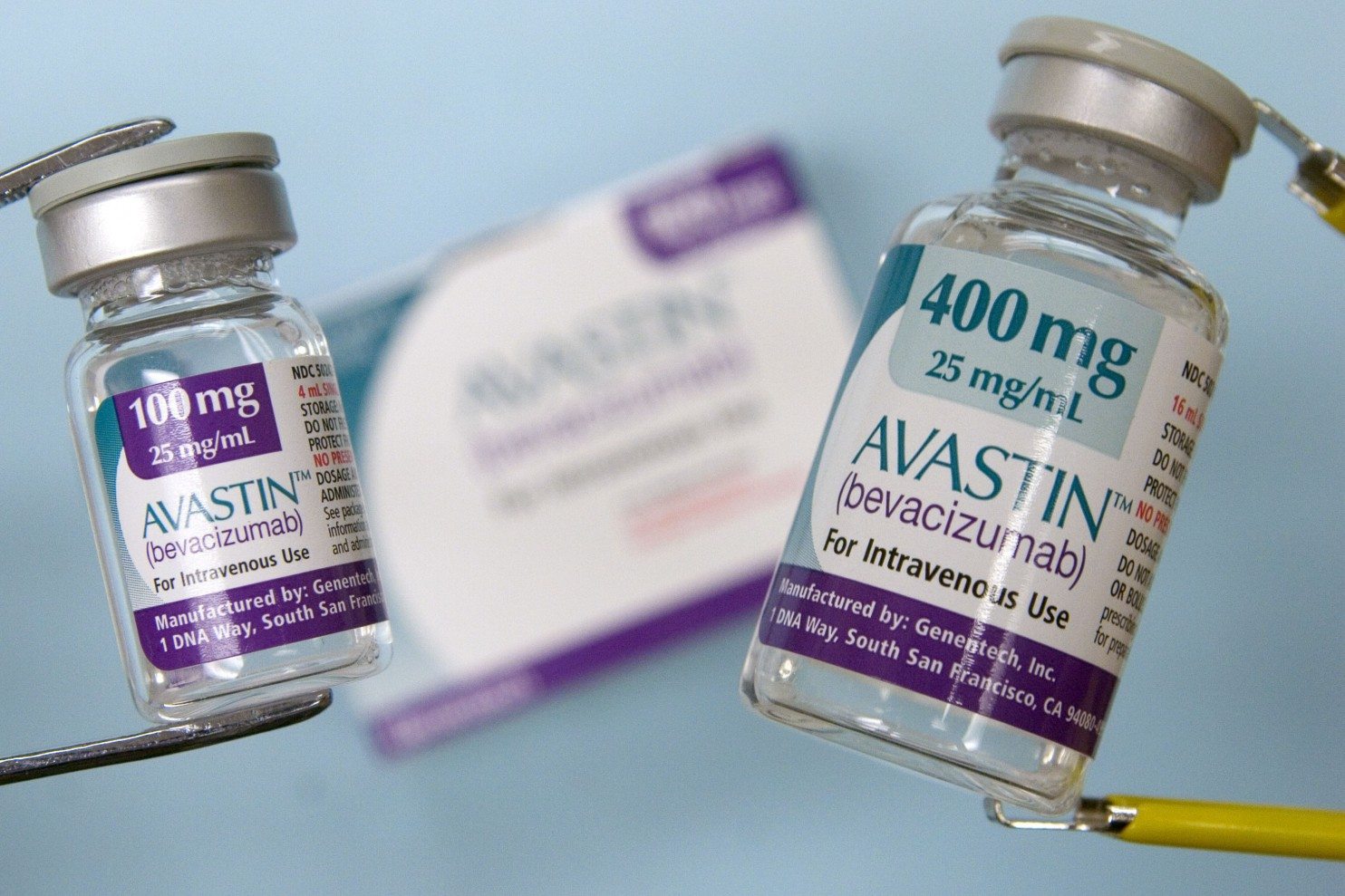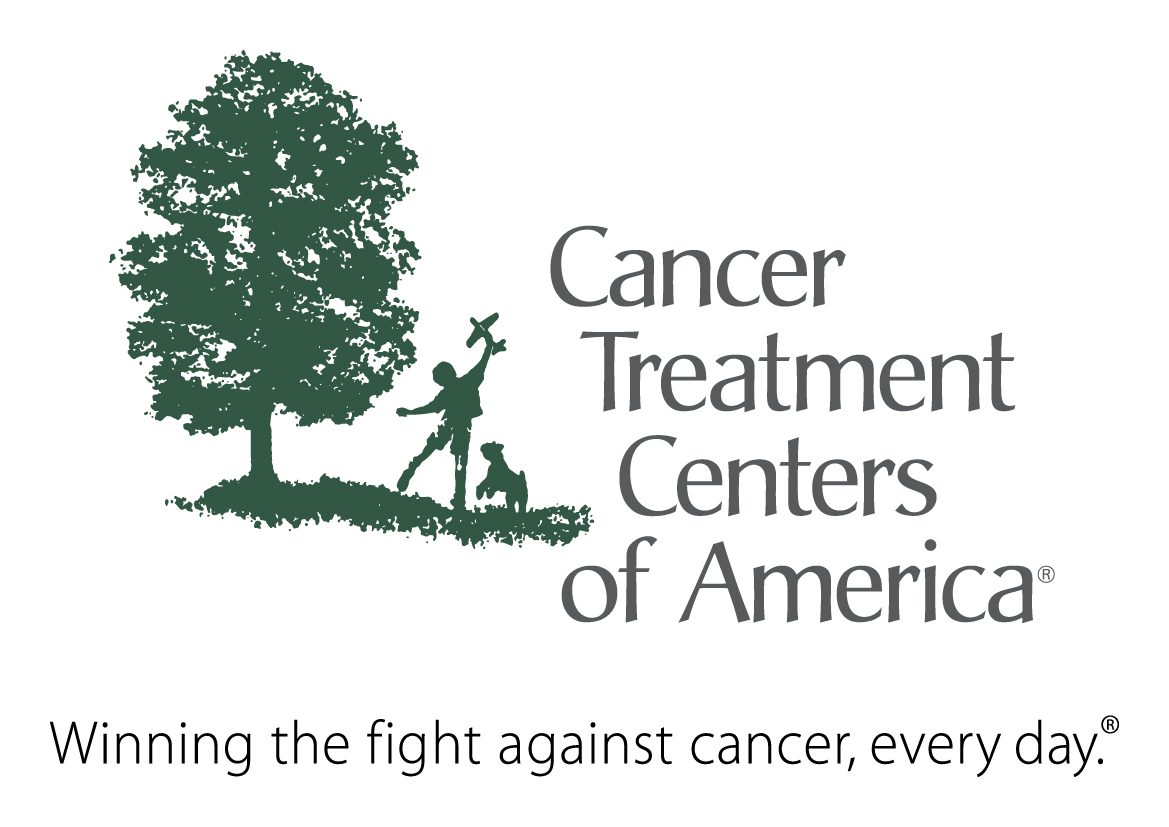Category: Cancer
Clinical equipoise versus scientific rigor in cancer clinical trials
A critical aspect of both evidence-based medicine (EBM) and science-based medicine (SBM) is the randomized clinical trial. Ideally, particularly for conditions with a large subjective component in symptomatology, the trial should be randomized, double-blind, and placebo-controlled. As Kimball Atwood pointed out just last week, in EBM, scientific prior probability tends to be discounted while in SBM it is not, particularly for therapies...
Evidence-Based Medicine, Human Studies Ethics, and the ‘Gonzalez Regimen’: a Disappointing Editorial in the Journal of Clinical Oncology Part 2
NB: If you haven’t yet read Part 1 of this blog, please do so now; Part 2 will not summarize it. … At the end of Part 1, I wrote: We do not need formal statistics or a new, randomized trial with a larger sample size to justify dismissing the Gonzalez regimen. In his editorial for the JCO, Mark Levine made a...
Evidence-Based Medicine, Human Studies Ethics, and the ‘Gonzalez Regimen’: a Disappointing Editorial in the Journal of Clinical Oncology Part 1
Background: the distinction between EBM and SBM An important theme on the Science-Based Medicine blog, and the very reason for its name, has been its emphasis on examining all the evidence—not merely the results of clinical trials—for various claims, particularly for those that are implausible. We’ve discussed the distinction between Science-Based Medicine (SBM) and the more limited Evidence-Based Medicine (EBM) several times,...
Mike Adams on Dr. Mehmet Oz’s colon polyps: “Spontaneous” disease?
Given that it’s a holiday and I debated whether or not I even wanted to post anything today, I think I’ll keep things light and uncharacteristically brief today. After all, not every post can be like last week’s epic on Avastin or the week before’s epic on peer review. That’s a lot of work, and it is a holiday, after all. Besides,...

Avastin and metastatic breast cancer: When science-based medicine collides with FDA regulation
Not all drugs that prevent progression of cancer prolong the patient's survival. The case of Avastin and metastatic breast cancer reminds us of that simple, unfortunate fact once again.
“Integrative” oncology: Trojan horse, quackademic medicine, or both?
One of the main topics that we’ve covered here on this blog over the last couple of years is the relatively rapid, seemingly relentless infiltration of pseudoscience into what should be bastions of science-based medicine (SBM), namely medical schools and academic medical centers promoted by academics who should, but apparently don’t, know better. From the very beginning, we’ve written numerous posts about...
Can it get any worse?: industrial bleach as cancer and HIV cure
On the heels of Scott Gavura’s superb post yesterday on dietary supplement regulation in the US and Canada, I bring you one of the most egregious and obscene product cases I have seen in 15 years of teaching on botanical and non-botanical products: Miracle Mineral Solution. Please accept my apologies in advance for not having a scholarly post for you today –...
The China Study Revisited: New Analysis of Raw Data Doesn’t Support Vegetarian Ideology
Over a year ago I wrote about The China Study, a book by T. Colin Campbell and his son based on a huge epidemiologic study of diet and health done in China. The book’s major thesis is that we could prevent or cure most disease (heart disease, cancer, diabetes, autoimmune diseases, bone, kidney, eye and other diseases) by eating a whole foods...

Cancer Treatment Centers of America and “naturopathic oncology”
EDITOR’S NOTICE: NOTE THE DISCLAIMER. On “wholistic” medicine If there’s one aspect of so-called “alternative medicine” and “complementary and alternative medicine” (CAM) is that its practitioners tout as being a huge advantage over what they often refer to sneeringly as “conventional” or “scientific” medicine is that — or so its practitioners claim — alt-med treats the “whole patient,” that it’s “wholistic” in...
Complete Cancer Quackery Resource
One of the recurring themes of Science-based medicine is that we live in the age of misinformation. The internet and social networking have made everyone their own expert – by democratizing information (which I favor, as it has many benefits to society) the field has been leveled for various types and sources of information. But this has the very negative effect of...

